Web development technologies play a crucial role in building applications by providing the necessary tools, frameworks, and languages to create robust, scalable, and interactive web-based solutions. Here are some key ways in which web development technologies aid in application development.
- Front-end Development: Web technologies like HTML, CSS, and JavaScript form the foundation of front-end development. HTML provides the structure and content of web pages, CSS handles the visual presentation, and JavaScript enables dynamic and interactive elements.
- Frameworks and Libraries: Web design programs and ideas and web development frameworks and libraries, such as React, Angular, Vue.js, and Bootstrap, provide pre-built components, templates, and functionalities that accelerate the development process.
- Back-end Development: Web applications often require a server-side component to handle data storage, and business logic, and interact with databases.
- Databases and Data Management: Web development technologies provide various options for storing and managing data. Relational databases like MySQL, PostgreSQL, and Oracle offer structured data storage.
- APIs and Web Services: Website development software facilitate communication and integration with external systems through Application Programming Interfaces (APIs) and web services.
- Testing and Debugging: Web development technologies offer tools and frameworks for testing and debugging applications. Testing frameworks like Jest, PHPUnit, and Selenium help ensure the reliability and quality of the codebase.
- Deployment and Hosting: Web development technologies provide various options for deploying and hosting applications. Platforms like Amazon Web Services (AWS), Microsoft Azure, and Heroku offer cloud-based hosting services, providing scalability, reliability, and infrastructure management.
The list of 10 best web development software will help you understand the future technologies and frameworks to work.
Angular
Angular is a TypeScript-based front-end framework maintained by Google, known for building complex and scalable applications.
Features
- Two-way data binding facilitates real-time synchronization between UI and data.
- Dependency injection simplifies component management and promotes code modularity.
- The component-based architecture allows for reusable and encapsulated UI elements.
- Powerful templating and a robust CLI enhance productivity and code organization.
React.js
React.js is a JavaScript library developed by Facebook for building reusable UI components, known for its declarative approach.
Features
- Virtual DOM enables efficient rendering, improving application performance.
- Component-based architecture promotes code reusability and modular development.
- One-way data flow simplifies application state management and ensures predictable updates.
- JSX syntax allows for writing HTML-like code within JavaScript, enhancing component rendering.
Vue.js
Vue.js is a progressive JavaScript framework focused on simplicity and ease of integration in web development projects.
Features
- The reactive data model ensures efficient handling of data changes and updates in the UI.
- Component-based architecture facilitates code reusability and maintainability.
- Two-way data binding enables seamless synchronization between UI and data.
- Easy integration with existing projects and a growing ecosystem of extensions enhance development flexibility.
Spring
Spring is a Java-based framework widely used for building enterprise-level applications, providing a comprehensive platform for development.
Features
- Dependency injection simplifies managing component dependencies and enhances flexibility.
- Aspect-oriented programming enables modular development and cross-cutting concerns.
- Robust security mechanisms protect applications against vulnerabilities and unauthorized access.
- Database integration and transaction management facilitate efficient data handling and consistency.
Express.js
Express.js is a minimal and flexible web application framework for Node.js, known for its simplicity and extensibility.
Features
- A lightweight and unopinionated design allows developers to have more control over the application structure.
- Middleware support enables easy integration of additional functionalities into the application’s request-response cycle.
- The routing system simplifies the handling of HTTP requests and enables the creation of RESTful APIs.
- A vast ecosystem of plugins and modules provides a wide range of options for extending the framework’s capabilities.
Flask
Flask is a microframework for building web applications with Python, known for its simplicity and minimalistic design.
Features
- The minimalistic design provides a lightweight and straightforward framework for building small to medium-sized applications.
- An easy routing system allows developers to define URL patterns and map them to appropriate views.
- Template rendering enables the creation of dynamic HTML pages and supports popular templating engines.
- Supports various databases, allowing seamless integration with different data storage solutions.
Ruby on Rails
Ruby on Rails (Rails) is a full-stack web development framework written in Ruby, emphasizing convention-over-configuration and rapid development.
Features
- Model-View-Controller (MVC) architecture simplifies application structure and promotes code organization.
- ActiveRecord, the built-in ORM, simplifies database management and provides an intuitive interface for interacting with databases.
- An easy routing system enables developers to define routes and map them to controllers and actions.
- A rich set of built-in tools and libraries streamline development processes and enhance productivity.
Laravel
Laravel is a PHP-based full-stack web development framework, known for its elegant syntax and developer-friendly features.
Features
- The clean and expressive syntax makes it enjoyable to write code and promotes readability.
- MVC architecture enhances code organization and separation of concerns.
- Eloquent ORM simplifies database management and provides a convenient way to interact with databases.
- Modular components and a rich ecosystem of extensions offer a wide range of functionalities and options for customization.
Django
Django is a high-level Python web framework focusing on efficiency and scalability in web application development.
Features
- Object-Relational Mapping (ORM) simplifies database management and offers an abstraction layer for interacting with databases.
- URL routing system allows developers to map URLs to appropriate views and functions.
- The built-in template engine enables the creation of dynamic and reusable HTML templates.
- Robust security features protect against common web vulnerabilities and ensure application integrity.
ASP.NET Core
ASP.NET Core is a cross-platform, open-source web framework developed by Microsoft, known for its performance and scalability.
Features
- Modular and lightweight architecture promotes flexibility and facilitates building high-performance applications.
- Built-in dependency injection simplifies managing component dependencies and promotes code decoupling.
- MVC pattern allows for the separation of concerns and promotes testability.
- Seamless integration with other .NET tools and libraries provides a comprehensive development ecosystem.
The post 10 Best Web Development Technologies in 2023 & Beyond appeared first on .
Tags:
- Web Development
- Website Development
- best web development softwares
- web design programs
- web designing software list
- web development software
- web development technologies
- web software developers
- website development software

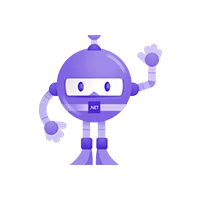 .NET MAUI Development
.NET MAUI Development
 Xamarin Application Development
Xamarin Application Development
 React Native App Development
React Native App Development
 iOS Application Development
iOS Application Development
 Android Application Development
Android Application Development
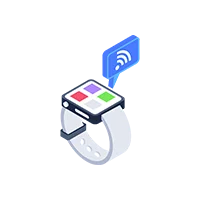 Android Wear App Development
Android Wear App Development
 Ionic Development
Ionic Development
 iBeacon Application Development
iBeacon Application Development
 Universal Windows Platform (UWP)
Universal Windows Platform (UWP)
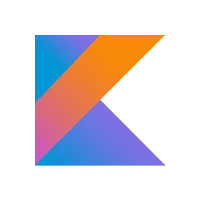 Kotlin Application Development
Kotlin Application Development
 Swift Application Development
Swift Application Development
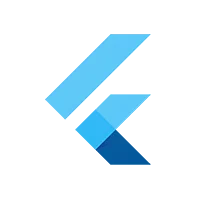 Flutter Application Development
Flutter Application Development
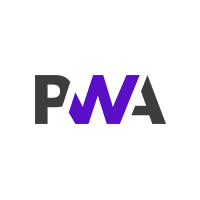 PWA Application Development
PWA Application Development
 Offshore Software Development
Offshore Software Development
 Custom Application Development
Custom Application Development
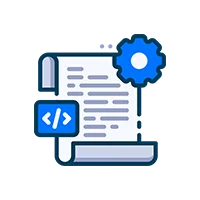 Front-End Development
Front-End Development
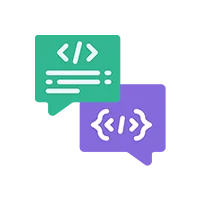 Full Stack Development
Full Stack Development
 AI & Machine Learning
AI & Machine Learning
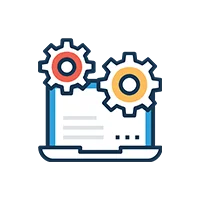 Custom CRM Solutions
Custom CRM Solutions
 Flask Software Development
Flask Software Development
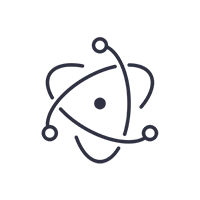 Electron JS Development
Electron JS Development
 ChatGPT Development
ChatGPT Development
Telemedicine App Development
Build Smart Telemedicine Platform
Beauty & Salon App Solutions
Hire Workato Experts
Workato Consulting & Support
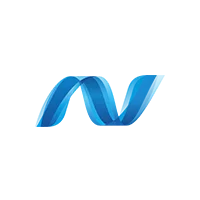 .NET Application Development
.NET Application Development
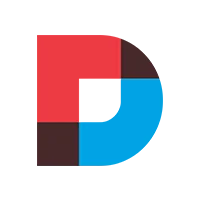 .NET Nuke Development
.NET Nuke Development
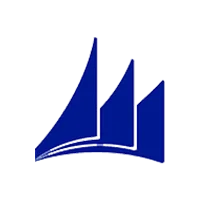 Microsoft Dynamics CRM
Microsoft Dynamics CRM
 Microsoft Small Business Solution
Microsoft Small Business Solution
 VB .NET Development
VB .NET Development
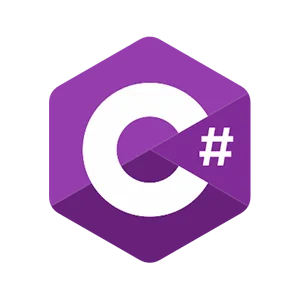 C# Development
C# Development
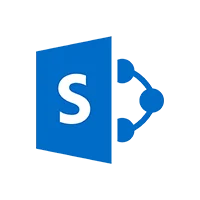 Sharepoint Migration
Sharepoint Migration
 Sharepoint Development
Sharepoint Development
 ASP.NET Core Development
ASP.NET Core Development
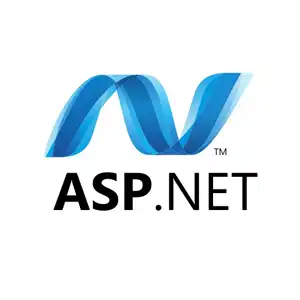 ASP.NET Development
ASP.NET Development
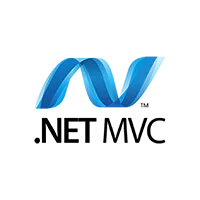 ASP.NET MVC Development
ASP.NET MVC Development
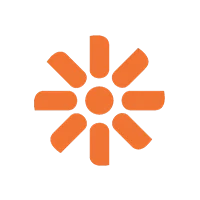 Kentico CMS
Kentico CMS
 Umbraco CMS
Umbraco CMS
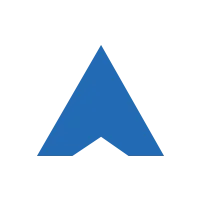 AJAX Development
AJAX Development
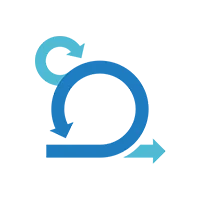 Agile Development
Agile Development
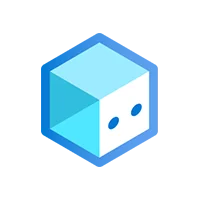 Microsoft Bot
Microsoft Bot
 Microsoft Blazor
Microsoft Blazor
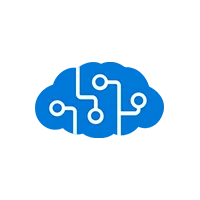 Microsoft Azure Cognitive
Microsoft Azure Cognitive

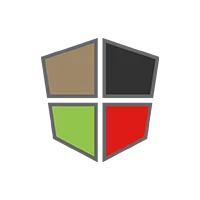 Mean Stack Development
Mean Stack Development
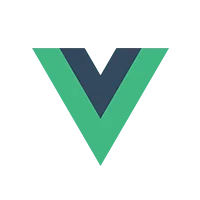 Vue JS Development
Vue JS Development
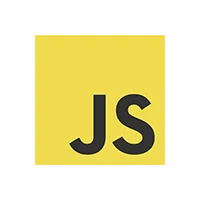 Javascript Development
Javascript Development
 Angular JS Development
Angular JS Development
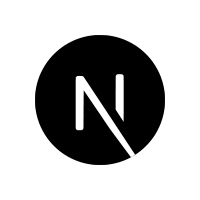 Next JS development
Next JS development
 Java Development
Java Development
 Python Development
Python Development
 Django Development
Django Development
 Cherrypy Development
Cherrypy Development
 NodeJS Development
NodeJS Development
 Laravel Development
Laravel Development
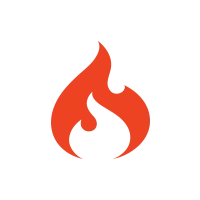 CodeIgniter Development
CodeIgniter Development
 Zend Development
Zend Development
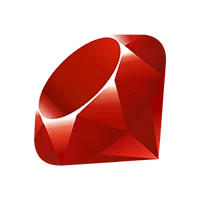 Ruby on Rails Development
Ruby on Rails Development
 CakePHP Development
CakePHP Development
 PHP Website Development
PHP Website Development
 Symfony Development
Symfony Development
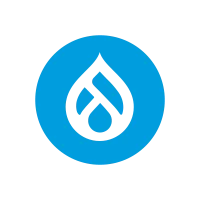 Drupal Development
Drupal Development
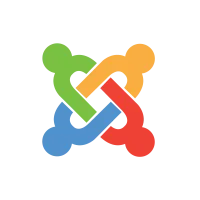 Joomla Development
Joomla Development
 Wordpress Development
Wordpress Development
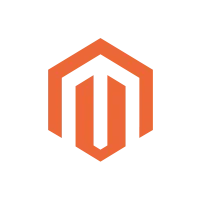 Magento Development
Magento Development
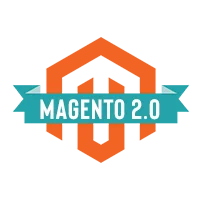 Magento 2.0 Development
Magento 2.0 Development
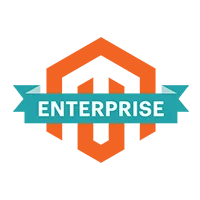 Magento Enterprise
Magento Enterprise
 Shopping Cart Development
Shopping Cart Development
 Prestashop Development
Prestashop Development
 Shopify Development
Shopify Development
 Open Cart Development
Open Cart Development
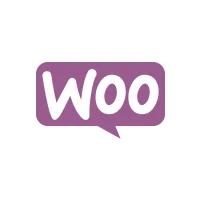 WooCommerce Development
WooCommerce Development
 BigCommerce Development
BigCommerce Development
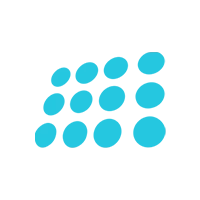 NopCommerce Development
NopCommerce Development
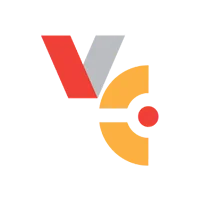 Virto Commerce Development
Virto Commerce Development
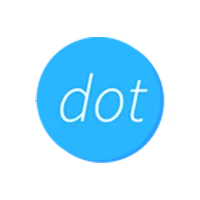 AspDotNetStorefront Development
AspDotNetStorefront Development
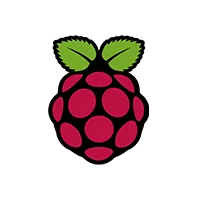 RaspBerry Pi
RaspBerry Pi
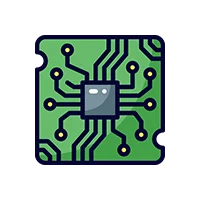 Firmware Software Development
Firmware Software Development
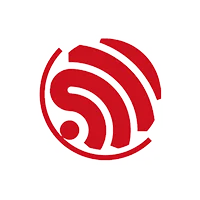 ESP 32 Software Development
ESP 32 Software Development
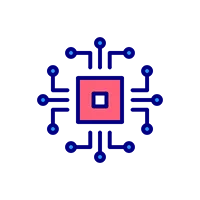 Embedded Development
Embedded Development
 Internet of Things
Internet of Things
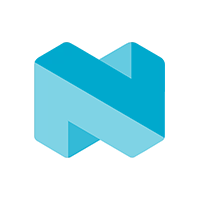 Nordic Development
Nordic Development
 HTML 5
HTML 5
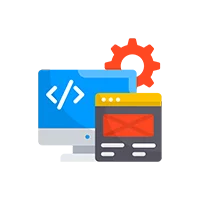 UI/UX Design
UI/UX Design
 Graphic Design
Graphic Design
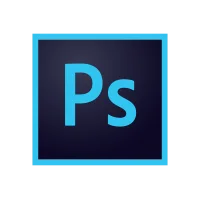 Adobe Photoshop
Adobe Photoshop
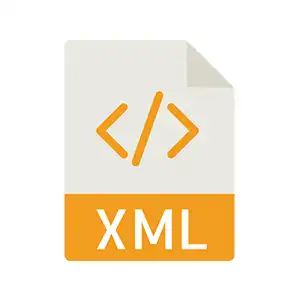 XML Application Development
XML Application Development
 Cloud Computing Solutions
Cloud Computing Solutions
 Azure Cloud App Development
Azure Cloud App Development
 AWS Development
AWS Development
 Google Cloud Development
Google Cloud Development
 SQL Programming Development
SQL Programming Development
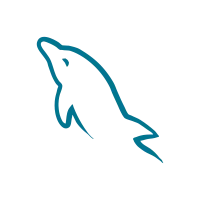 MySQL Development
MySQL Development
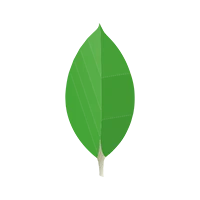 MongoDB Development
MongoDB Development
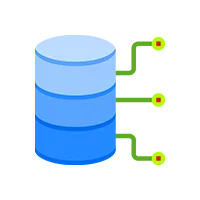 Big Data
Big Data
 Robotic Process Automation
Robotic Process Automation
 Social Media Marketing
Social Media Marketing
 Search Engine Optimization
Search Engine Optimization
 QA Testing
QA Testing
 Software Testing
Software Testing
 Software Security
Software Security
 Maintenance And Support
Maintenance And Support
 I.T. Consulting Services
I.T. Consulting Services
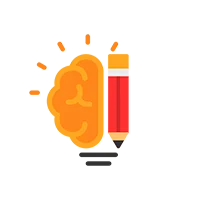 Business Intelligence
Business Intelligence
 YII Development
YII Development
 Data Analysis
Data Analysis
 Alexa Skills Development
Alexa Skills Development
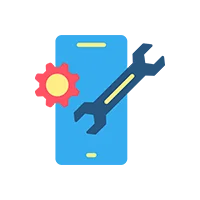 On Demand App for Mobile repairing services
On Demand App for Mobile repairing services
 On Demand App for Car Service Booking
On Demand App for Car Service Booking
 On Demand App for Cleaning Services
On Demand App for Cleaning Services
 On Demand App for Pharmacy
On Demand App for Pharmacy
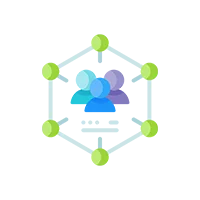 On Demand Dedicated Developers
On Demand Dedicated Developers







Leave a Reply